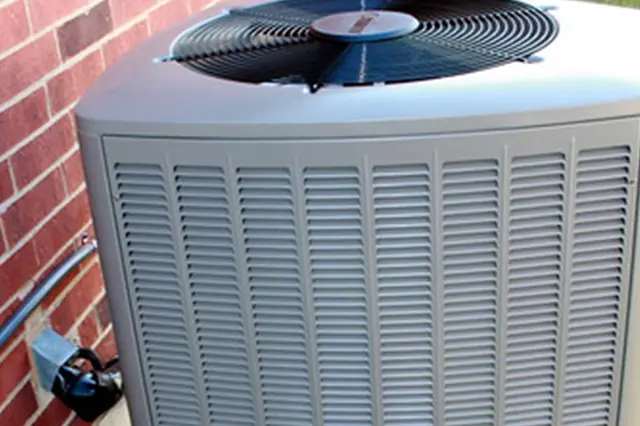
How do you diagnose an air conditioner problem?
Summer is here, and that means the heat is on. And with the heat comes the risk of air conditioning problems. If you’re like most people, your first instinct would be to call a technician. But before you do, there are a few things you should know about diagnosing an air conditioner problem. In this blog post, we will explore the basics of AC diagnosis and give you a step-by-step guide on how to diagnose an air conditioner problem on your own. Armed with this information, you’ll be able to make an informed decision about whether or not to call in a technician.
What are the signs of an air conditioner problem?
If you notice any of the following signs, it may be time to take your air conditioner in for some repairs or a new unit:
1. The unit is making unusual noise or vibration.
2. The unit is not cooling as much as it used to.
3. The filters are dirty and require replacement frequently.
4. The outdoor condenser coil appears to be corroded.
5. The unit smells like it’s burning or has a strange smell.
6. The unit has stopped cooling completely.
How to diagnose an air conditioner problem?
If your air conditioner is not cooling your home as it should, there could be a number of reasons. Here are some tips to help you diagnose the problem:
• Check the efficiency of the unit. This can be determined by measuring the amount of humidity inside the unit and comparing it to the target level set by the manufacturer. An inefficient unit will produce more humidity than necessary, indicating a problem with either the evaporator coil or condenser fan.
• Check for obstruction in any of the unit’s registers or ductwork. Obstruction can cause airflow restrictions and reduced cooling performance. If possible, use a flashlight to look inside registers and ductwork for obstructions.
• Check for broken or missing screws and bolts that hold parts of the unit together. Improperly fastened parts can cause airflow restrictions and reduced cooling performance.
• Test different thermostats to see if one is causing an issue. Different thermostats work better under different conditions, so changing out one may solve the problem.
If you are still having difficulty diagnosing the problem, consider calling a professional. A qualified technician can inspect the unit and rule out any additional issues that may be causing the problem.
How to fix an air conditioner problem
There are many possible causes of an air conditioner not cooling or working, so it’s important to diagnosing the problem correctly. Here are four steps to diagnosing an air conditioner problem:
1. Check the thermostat. The thermostat sets the temperature inside the AC unit and can be a source of error. If the AC is not cooling, it may be because the thermostat is set too low, which will cause the AC to work harder and wear out faster. If the AC is cooling slowly, it may be because of a frozen thermostat. To check if a thermostat is frozen, turn off power to the unit and wait five minutes. If there’s no change in temperature, your thermostat is most likely frozen. If you have a digital wall thermostat, press and hold both buttons for two seconds until you hear two quick beeps; this will reset the thermometer on some models.
2. Check for leaks. A dripping water pipe can cause condensation on the evaporator coils and reduce cooling efficiency. Look for signs of water damage such as dampness or mold around any pipes or vents in or near your unit.
3. Check for blockages in filters. Coils can become clogged with dust, leaves, pet hair or other debris over time and reduce airflow through your AC unit. To test filters, turn off power to your AC unit and use a vacuum cleaner to remove all debris from the filters.
4. Check for problems with the AC unit itself. If the AC is not cooling, it may be because of a problem with the compressor, condenser, evaporator or pipes.
If you still can’t solve the problem, it may be time to call a professional AC repair company.
